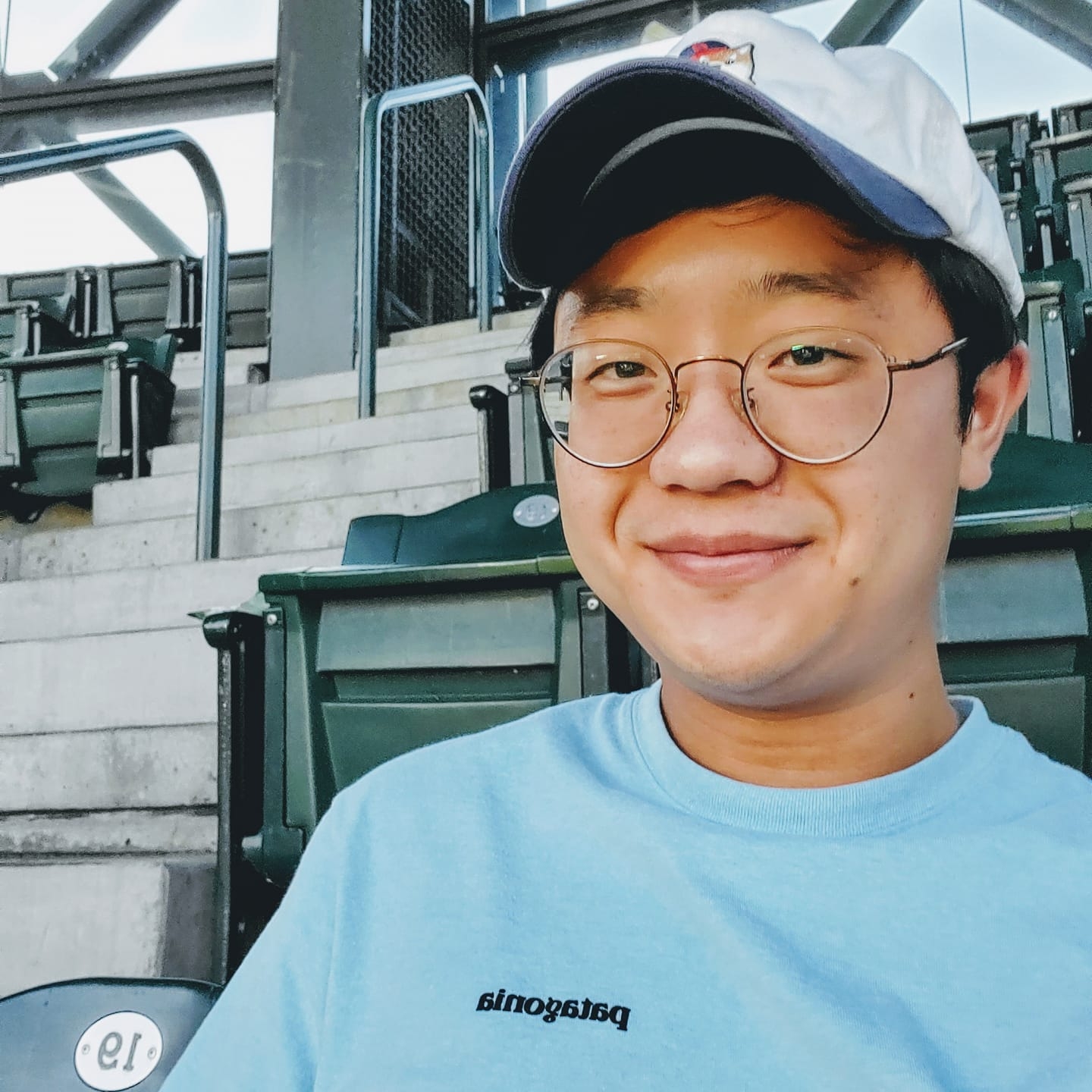Impossible Maps : Project Thoughts
Here is a list of key insights from some readings I did for Impossible Maps. I definetely would like to incorporate these insights into my project.
- Mapping what’s absent from many everyday maps seems interesting. As I mentiond in my previous post, mapping sensory data (except for vision) is a compelling idea but the data collection process is definetely a challenge.
- Challenging or upsetting in the context of fundamentally questioning the assumptions evokes dissent from the audience. When people disagree with me, that’s when they will think analytically and critically about the concepts and intentions embedded in the map.
- Humans are not the only mapping agents. In fact, all living entities in the world have their unique ways of mapping their surrounding environment (and in fact, non-living entities like robots and autonomous vehicles do more mapping than humans). If we imagine that each agent creates their own layer of maps, then we compile these many layers on top of each other, what kind of pattern can we discover? How would the world look like on such a map?
- Maps are rather rough snapshots of the streamed world than real-time representations of the world. Maps also represent our needs and desires.
- (Random Idea) What if we design a “cookbook” for mapping? What “recipes” can we use and how will the maps “taste” like?

